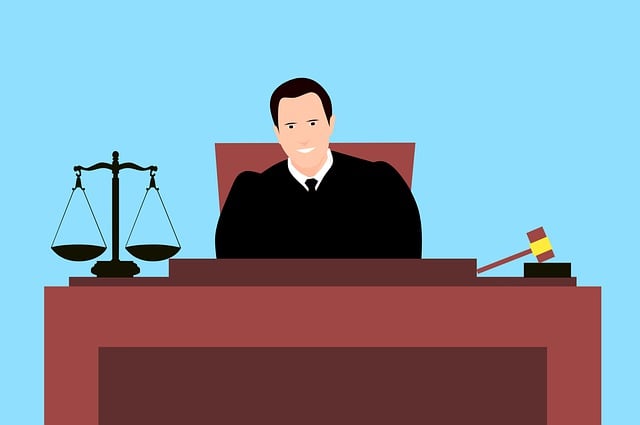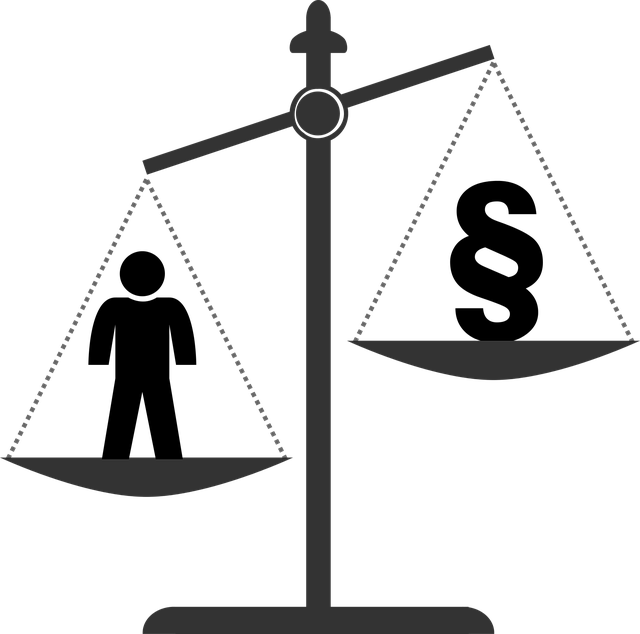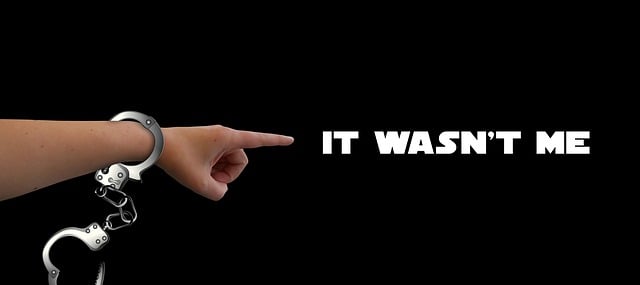The C-Level Investigations process, tailored for high-profile cases, hinges on a deep understanding of legal procedures and strategic approaches, with voir dire as a critical component. This meticulous jury selection method is crucial for achieving justice, ensuring unbiased verdicts by evaluating potential jurors' backgrounds and biases. Effective voir dire uncovers industry or financial biases, facilitating fair decision-making based on evidence. In complex investigations, employing this criminal trial best practice, along with robust data handling protocols and advanced digital forensics, enables organizations to navigate delicate matters professionally while upholding integrity.
In the realm of criminal justice, C-Level Investigations play a pivotal role in uncovering truth. This article delves into the intricate process, highlighting key components like Understanding C-Level Investigations and the vital role of Voir Dire. We explore how effective management strategies can ensure impartial juries, ultimately enhancing trial fairness. Discover best practices for navigating these complex cases, emphasizing the significance of Voir Dire in achieving just outcomes.
- Understanding C-Level Investigations: Unveiling the Process
- The Role of Voir Dire: Ensuring a Fair and Impartial Jury
- Best Practices for Effective C-Level Investigation Management
Understanding C-Level Investigations: Unveiling the Process
C-Level Investigations refer to a meticulous process designed to unravel complex cases, often involving high-profile individuals or significant corporate matters. This type of inquiry demands a deep understanding of legal procedures and strategic approach. At its core, it involves a series of steps known as voir dire, which plays a pivotal role in criminal trials. Voir dire is the process of selecting a fair and impartial jury, ensuring that the final decision-makers are unbiased and capable of rendering just judgment based on the presented evidence.
This strategic selection method is crucial for achieving extraordinary results across the country, as it affects the outcome of cases at all stages of the investigative and enforcement process. By carefully scrutinizing potential jurors, investigators can gather a panel that comprehends the nuances of the case, respects legal procedures, and is committed to delivering an unbiased verdict. Such meticulous planning and execution are essential for upholding justice and ensuring that investigations are conducted effectively, ultimately leading to successful outcomes.
The Role of Voir Dire: Ensuring a Fair and Impartial Jury
Voir dire plays a pivotal role in ensuring fairness and impartiality within criminal trials. This meticulous process involves questioning potential jurors to gather insights into their backgrounds, experiences, and biases. It’s not merely about selecting individuals who meet the legal criteria; it’s a strategic move to identify and mitigate any preconceived notions that might influence their decision-making.
In the context of white-collar and economic crimes, where cases can be complex and highly technical, effective voir dire becomes even more critical. Skilled attorneys use this method to uncover potential biases related to financial matters or specific industries, ensuring a jury can render a verdict based on the evidence presented during all stages of the investigative and enforcement process. A thorough understanding of voir dire helps avoid missteps that could lead to indictment, emphasizing its importance in the pursuit of justice.
Best Practices for Effective C-Level Investigation Management
Managing C-level investigations requires a strategic approach to ensure effectiveness and minimize risks. One of the key best practices is utilizing voir dire, a critical process in criminal trials that helps select impartial jurors. This meticulous process involves careful questioning to assess potential biases, ensuring fair and unbiased decision-making. In high-stakes cases involving prominent individuals within the philanthropic and political communities, an unprecedented track record of successful investigation management is paramount.
Furthermore, establishing robust protocols for data collection, preservation, and analysis is essential. This includes employing advanced technologies for digital forensics to uncover hidden evidence. By integrating these best practices, organizations can navigate complex investigations with confidence, upholding the highest standards of integrity and professionalism in even the most delicate matters.
C-level investigations demand meticulous planning and execution, with voir dire playing a pivotal role in ensuring justice. By carefully selecting jurors through this crucial process, legal teams can create an impartial and representative jury. Understanding the importance of voir dire and implementing best practices for C-level investigation management are essential to achieving favorable outcomes in criminal trials. This comprehensive approach guarantees a fair and robust judicial process.






